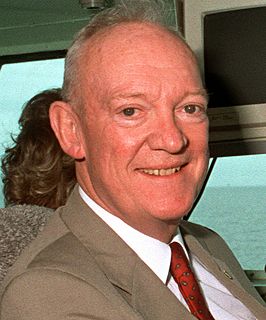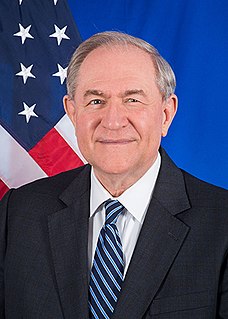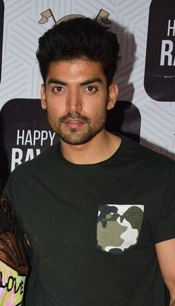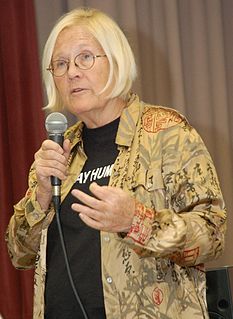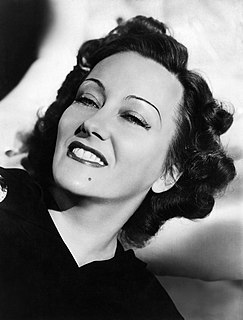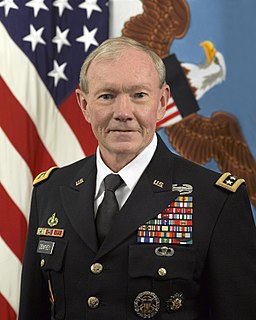A Quote by Mike Pompeo
I am a West Point graduate and an Army veteran.
Related Quotes
I was an Army intelligence agent and a veteran during the Cold War, assigned to West Germany. I was the chairman of the National Commission on Homeland Security and Terrorism for the United States for five years. I was a person who has dealt extensively with these homeland security issues. I was a governor during the 9/11 attack.
It was Harry Patch, who was the last living World War I veteran; and by veteran I mean someone who actually fought in the war, he didn't just happen to be in the army at that time, in the Great War. And when the Iraq War started, he was interviewed, and they said, well what do you think of this? And he said, in a very sad voice, "Well, that's why my mates died. We thought we were going to end all that sort of thing."
As a 29 year veteran of the US Army/Army Reserves, retiring as a Colonel and having served as a U.S. diplomat for 16 years and resigning in 2003 in opposition to the Iraq war, I firmly believe war does not resolve political issues. We must work diligently to force the governments of our nations to use diplomacy, not weapons.

